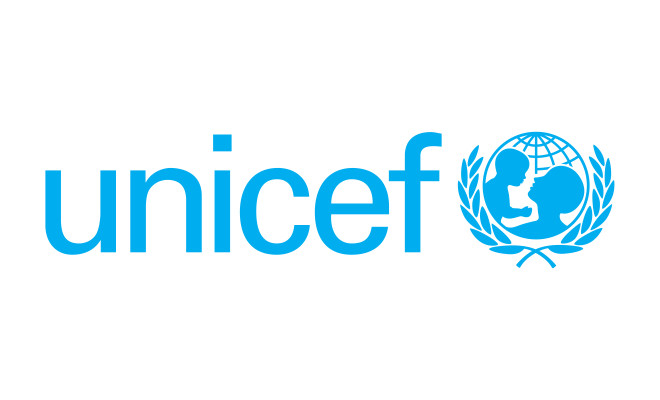SOCIETY
01.12.20 17:25

Fifteen % of Georgia’s school-age children do not have internet connection in their homes, according to a new joint report from UNICEF and the International Telecommunication Union (ITU).
The report How Many Children and Youth Have Internet Access at Home? notes that globally two-thirds of school-age children have no internet access at home. There is a similar lack of access among young people aged 15-24 years old, with 759 million or 63 per cent of young people unconnected at home.
“Lack of connectivity prevents children and young people from competing in the modern economy.”, said Ghassan Khalil, UNICEF Representative in Georgia. “It isolates them from the world. And in the event of school closures, such as those currently experienced due to COVID-19, it causes them to lose out on education,” Khalil added.
Around 661,500 children are still affected by COVID-19 school closures in Georgia, forcing students to rely on virtual learning. For those with no internet access, education can be out of reach. Even before the pandemic, a growing cohort of young people needed to learn foundational, transferable, digital, job-specific and entrepreneurial skills to compete in the 21st century economy.
The digital divide is perpetuating inequalities that already divide countries and communities, the report notes. Children and young people from the poorest households, rural and lower income states are falling even further behind their peers and are left with very little opportunity to ever catch up.
Globally, among school-age children from richest households, 58 per cent have internet connection at home, compared with only 16 per cent from the poorest households. The same disparity exists across country income level as well. Less than 1 in 20 school-age children from low-income countries have internet connection at home, compared with nearly 9 in 10 from high-income countries.
There are also geographic disparities within countries and across regions. Globally, around 60 per cent of school-age children in urban areas do not have internet access at home, compared with around three-quarters of school-age children in rural households. School-age children in sub-Saharan Africa and South Asia are the most affected, with around 9 in 10 children unconnected.
source: 1TV
Read: 163
Write comment
(In their comments, readers should avoid expressing religious, racial and national discrimination, not use offensive and derogatory expressions, as well as appeals that are contrary to the law)
News feed
-
18:0019.04.24
-
The state property the government sold this year at the lowest price
17:3019.04.24
-
17:0019.04.24
-
16:1919.04.24
-
Vakhtang Gomelauri: An attack on a policeman means an attack on a state institution
15:4119.04.24
-
15:0019.04.24
-
14:1519.04.24
-
What are the dangers of France's interference in Ukraine and the South Caucasus?
13:3719.04.24
-
The Prime Minister met the Ambassador of Iran in Georgia
12:5719.04.24
-
12:1519.04.24
-
Georgian FM meets U.S. Senior Advisor for Caucasus Negotiations
11:2919.04.24
-
Foreign Ministry denies reports about summoning of Georgian Ambassador to Bundestag
10:0019.04.24
-
Parliament to hear Ministers of Interior and Economy on April 19
18:0018.04.24
-
Competition Agency: 23,983 concentrations of economic entities registered in Q1
17:2518.04.24
-
Georgian PM, EUMM Head review situation in Russian-occupied territories
16:4518.04.24
-
UK Ambassador on transparency bill: hindrances to civil society’s functioning “concerning”
16:1018.04.24
-
15:4018.04.24
-
15:3018.04.24
-
14:4218.04.24
-
13:4118.04.24
-
12:4518.04.24
-
11:0018.04.24
-
10:1118.04.24
-
PM: NGOs never decried calls for second front
18:1117.04.24
-
Ruling party official: future of Georgia belongs to Europe
17:0917.04.24
-
16:1317.04.24
-
15:3117.04.24
-
Parliament adopts bill on Transparency of Foreign Influence with first reading
14:5717.04.24
-
GD MP says foreigners should not call for Rose Revolution in Georgia
13:4717.04.24
-
12:4117.04.24
-
Four police officers got injuries during anti-Transparency Bill protest
11:5417.04.24
-
Russia rushes Iran with Resht-Astara railway line
23:4516.04.24
-
18:0016.04.24
-
17:2516.04.24
-
Communications Commission: EU experts say Georgian mobile market “non-competitive”
16:4316.04.24
-
Georgian Foreign Minister, Chinese delegation discuss bilateral relations
16:0016.04.24


